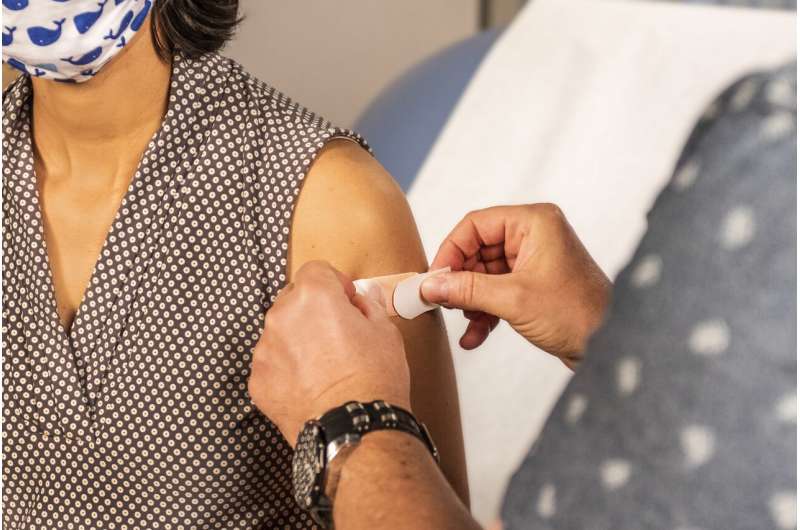RSV Vaccine Linked to Lower Dementia Risk in New Study

A new study highlights that the RSV vaccine Arexvy may reduce dementia risk by 29% within 18 months, adding to evidence that vaccines can have protective effects on brain health.
A recent groundbreaking study from the University of Oxford has revealed that vaccination against respiratory syncytial virus (RSV) may significantly reduce the risk of developing dementia. Published in the journal npj Vaccines, the research indicates that individuals who received the RSV vaccine, Arexvy, experienced a 29% decrease in dementia diagnoses within 18 months post-vaccination. This aligns with previous findings showing that vaccines like shingles (Herpes zoster) vaccine, particularly those containing adjuvants such as Shingrix, also contribute to lowering dementia risk.
The study analyzed health records of over 430,000 people across the U.S. using the TriNetX network. It found that Arexvy, which protects adults over 60 against RSV, shares an adjuvant called AS01 with Shingrix. Both vaccines demonstrated similar effectiveness in decreasing dementia risk, compared to the flu vaccine, which does not contain an adjuvant. The 18-month follow-up showed a notable reduction in dementia cases, regardless of gender.
Although the exact mechanism remains unclear, laboratory studies suggest that the adjuvant AS01 stimulates immune cells that may offer protective effects to the brain, potentially preventing some of the harmful processes associated with dementia. This added benefit may go beyond merely preventing infections like RSV and shingles.
Lead author Associate Professor Maxime Taquet emphasized that these results support the broader benefits of vaccination, not only for preventing specific illnesses but also for reducing the risk of dementia. Senior author Professor Paul Harrison pointed out the importance of further research into how the adjuvant might contribute to this effect.
Overall, these findings suggest that immunization could be a powerful tool in delaying or potentially preventing dementia, a condition with limited treatment options. The study underscores the importance of vaccination as part of a comprehensive approach to health, especially among older adults.
Stay Updated with Mia's Feed
Get the latest health & wellness insights delivered straight to your inbox.
Related Articles
How Positive Memories of Drug Use Can Contribute to AddictionPersistence
Memories of positive drug experiences reinforce addiction by activating neural circuits, making relapse more likely. Understanding these mechanisms offers hope for new treatments to combat substance use disorders.
The Impact of IQ on Listening Skills in Noisy Environments
Recent study reveals that IQ significantly influences an individual's ability to understand speech amidst background noise, especially in neurodivergent populations. Discover how cognitive abilities impact auditory perception in complex settings.
The Diabetes Paradox: Health Gains Not Translating into Better Workforce Participation
Despite significant health advancements, people with diabetes still face lower employment rates and higher disability claims. Recent research uncovers the persistent 'diabetes paradox' impacting workforce participation and highlights the need for comprehensive strategies to improve economic engagement.



